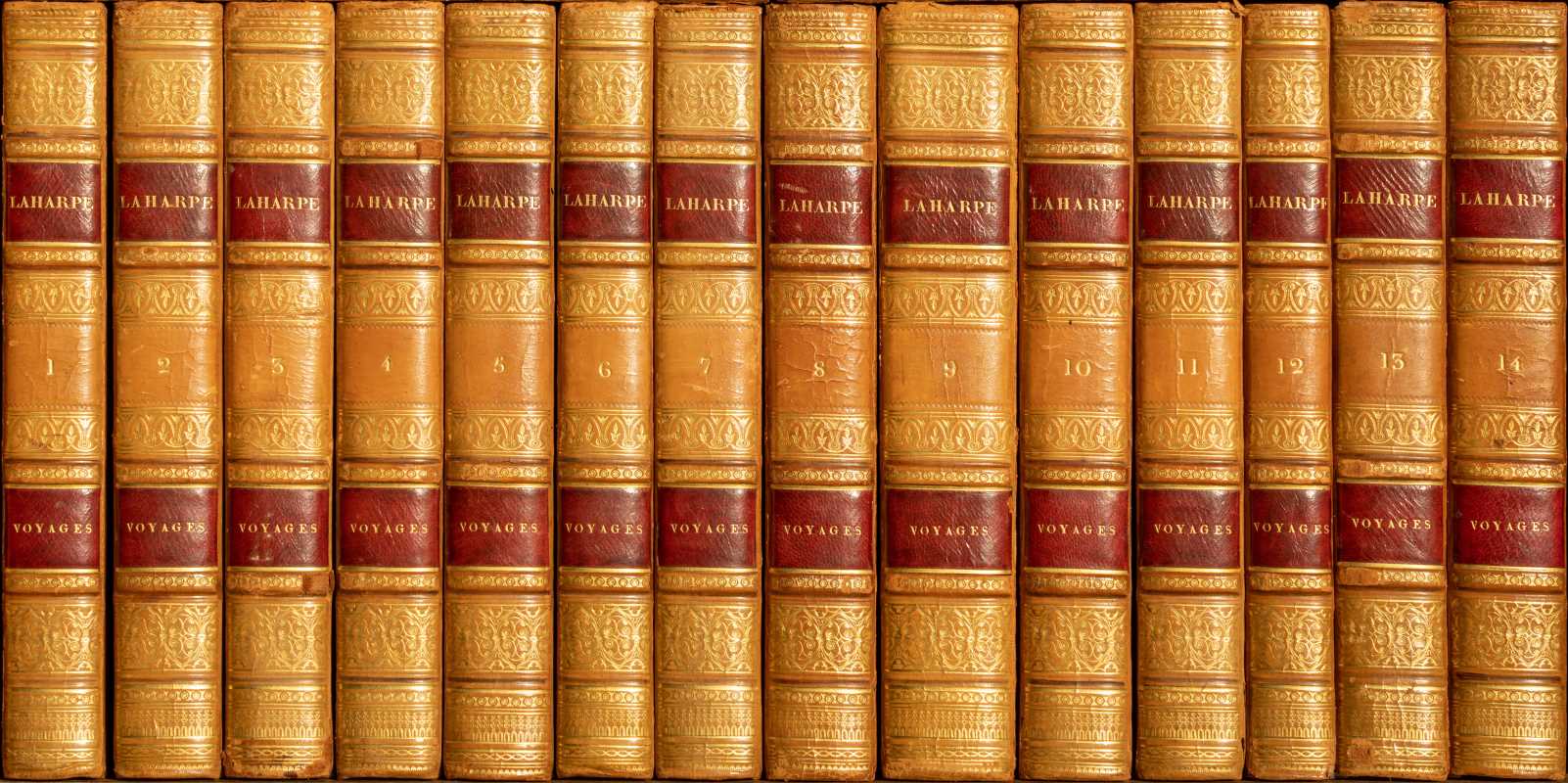Colonialism and decolonization are two forces that have shaped much of the modern world. For centuries, powerful nations expanded their influence by colonizing regions across Africa, Asia, the Americas, and beyond. They sought wealth, land, and power while often exploiting local resources and people. Over time, however, colonized nations fought back, seeking independence and the freedom to shape their futures. This process of breaking free from colonial rule is known as decolonization.
These themes are not just events frozen in the past. The effects of colonialism and the struggles of decolonization still ripple through our world today, influencing politics, racial dynamics, economic systems, and even cultural identities. Modern historians and writers have captured these stories in thought-provoking books, shedding light on the pain, bravery, and triumphs of this period. Through these works, readers can explore how colonialism started, how it functioned, and how its long shadow still impacts societies worldwide.
Here’s a look at some of the most remarkable modern history books that explore the impact of colonialism and decolonization.
"The Wretched of the Earth" by Frantz Fanon
Frantz Fanon’s "The Wretched of the Earth" is considered essential reading for anyone studying decolonization. Fanon, a psychiatrist and activist from Martinique, wrote this groundbreaking book based on his experiences during the Algerian fight for independence from French rule.
A Voice for the Colonized
This book dives into the psychological effects of colonization, showing how it damages individuals’ sense of identity and worth. Fanon also explores the violence of colonial systems and argues that independence movements often face tough decisions when breaking free. It’s a raw, powerful exploration of what decolonization means on both personal and political levels.
"King Leopold’s Ghost" by Adam Hochschild
Colonialism in Africa was particularly brutal, and "King Leopold’s Ghost" sheds light on one of its darkest chapters. Adam Hochschild’s book tells the shocking story of how Belgium’s King Leopold II made the Congo his personal colony, exploiting its people and resources for profit.
A Hidden History
Hochschild details the atrocities committed under Leopold’s rule, including forced labor and violence on a massive scale. But the book also highlights the brave activists and journalists who exposed these horrors to the world. It’s a gripping read that shows how colonial greed and cruelty reshaped parts of Africa.
"Orientalism" by Edward Said
Edward Said’s "Orientalism" isn’t just about colonization; it’s about how Western societies have historically portrayed the East. The book explains how European writers, artists, and scholars often exoticized and stereotyped people from the Middle East, Asia, and North Africa.
Culture as a Tool of Power
Said argues that this distorted view of "the Orient" served to justify colonialism, making it easier for Western powers to dominate these regions. While the book can be a bit dense, its ideas are widely influential, shaping the way historians and thinkers approach the study of colonialism and cultural representation.
"Decolonizing the Mind" by Ngũgĩ wa Thiong’o
Kenyan writer Ngũgĩ wa Thiong’o explores the cultural side of colonialism in "Decolonizing the Mind." This book focuses on how colonizers imposed their languages, literature, and education systems on colonized people, displacing local traditions and languages in the process.
Reclaiming Culture
"Decolonizing the Mind" is both a critique of colonialism and a call to action. Ngũgĩ advocates for the revival of African languages and storytelling traditions as a way to heal the cultural wounds left by colonization. His perspective highlights how colonization impacted not just politics and economics, but also identity and creativity.
"A Small Place" by Jamaica Kincaid
Jamaica Kincaid’s "A Small Place" offers a deeply personal perspective on colonialism and its aftermath. Kincaid reflects on her home, the Caribbean island of Antigua, exploring how colonial rule left lasting scars on its people and environment.
A Personal Look at Colonialism
This short but powerful book mixes memoir and social commentary. Kincaid highlights how colonialism exploited Antigua’s resources and how, even after independence, the island’s society remains shaped by those years of foreign control. Her writing is sharp, emotional, and filled with heartbreaking insight.
"The Postcolonial Studies Reader" edited by Bill Ashcroft, Gareth Griffiths, and Helen Tiffin
For readers who want a broad overview of the key ideas and debates surrounding colonialism and decolonization, "The Postcolonial Studies Reader" is an invaluable resource. This collection includes essays and writings by leading thinkers in the field, including Edward Said, Gayatri Chakravarty Spivak, and Homi Bhabha.
A Wealth of Perspectives
The book tackles a range of topics, from the literary legacy of colonialism to its environmental and economic impacts. What makes it particularly useful is the diversity of voices included, offering readers a multidimensional understanding of postcolonial studies.
"Things Fall Apart" by Chinua Achebe
Although a work of fiction, Chinua Achebe’s "Things Fall Apart" is often cited as one of the most important books about colonialism’s impact on traditional societies. The novel is set in Nigeria during the late 19th century and follows Okonkwo, a proud Igbo man, as European missionaries and colonizers arrive in his village.
Fiction That Tells Historical Truths
Through Okonkwo’s story, Achebe shows the cultural clash between European colonialists and African communities. The book captures the deep loss and identity struggles that come with colonization, providing an emotional and human perspective on historical events.
"Empire of Cotton" by Sven Beckert
Sven Beckert’s "Empire of Cotton" is a sweeping history of how colonialism fueled the global cotton trade. The book explains how the demand for cotton drove European powers to conquer lands, enslave people, and build empires around this one commodity.
Global Connections
Beckert ties together economic history, slavery, and industrialization in a way that shows just how interconnected the world became through colonialism. It’s a fascinating look at how something as simple as a fabric shaped the modern world.
 (Image via
(Image via





